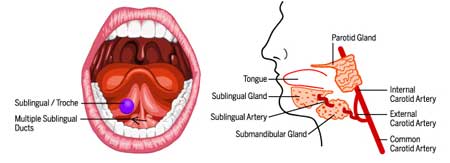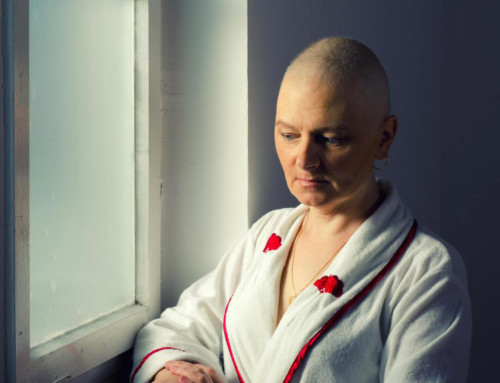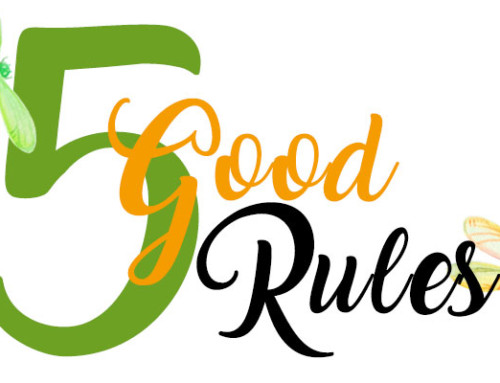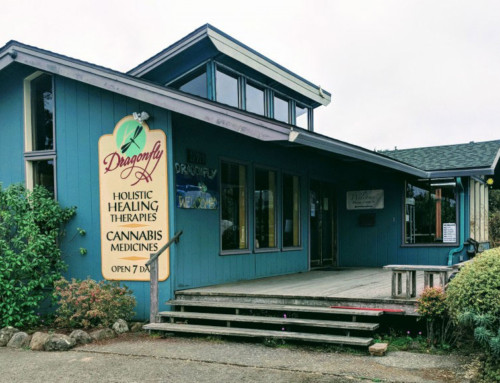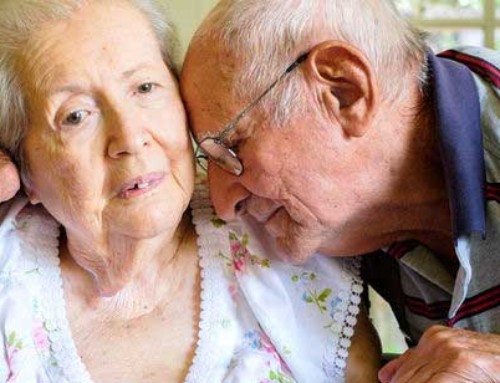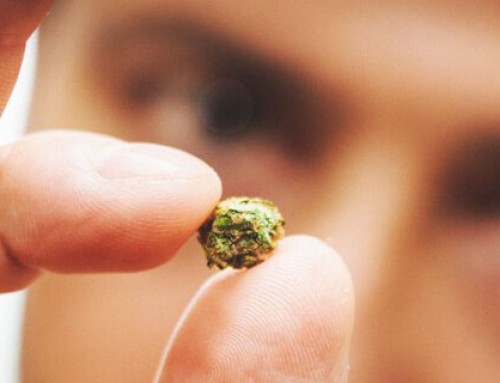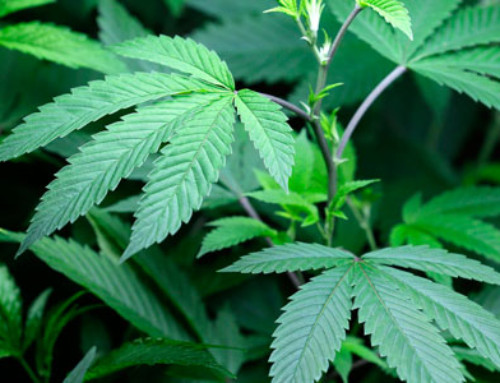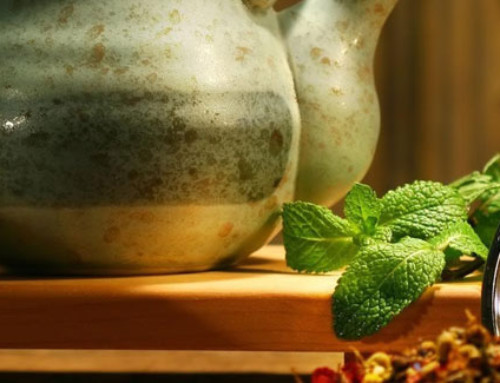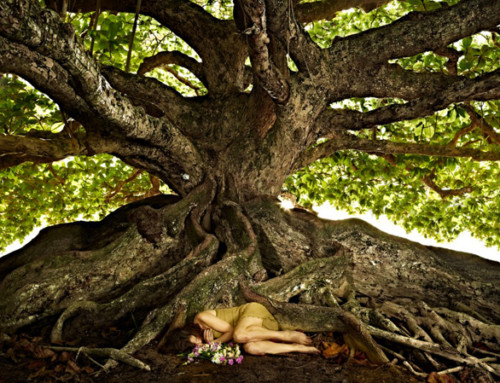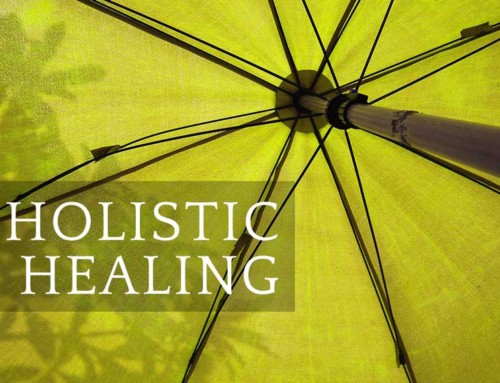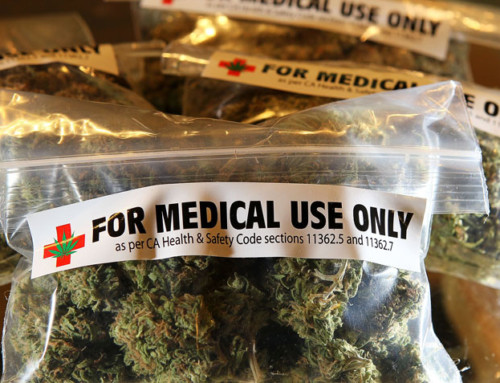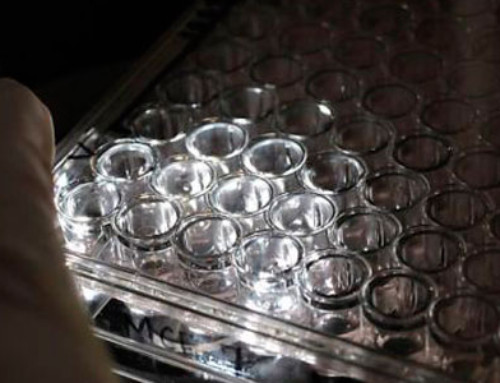
Cannabis Effectively Treats Insomnia —
IF You Know How to Use It
Mary, age 76, walked into her local dispensary and said she can’t sleep, but her next-door neighbor Grace, age 79, sleeps just fine using cannabis suckers. “I want one of those suckers!” Mary said most emphatically. She wanted to buy one right away and take it home to try. “Whoa, Mary” we said. “Let’s talk about how this might work for you.” We spent about twenty minutes counseling Mary. We learned about her history of THC use (none). We talked about the value of trying different ratios of the two most prominent cannabinoids, CBD and THC. We discussed how dosing is different for everyone and that the patient has to find the right dose.
Mary was very happy to have the information. She thanked us and walked out with a 60 mg (thc) strawberry-banana sucker, in a zip-lock bag for storage between uses. “Mary! Keep in touch and let us know how it worked for you!” We called out as she practically sprinted out the door. Two days later, Mary comes back to report the bad and the good news. The first night she did exactly what Grace did: She sucked on the sucker for 30 seconds, putting it back in the zip-lock bag on her night stand. She slept like a baby until about 3 am and then woke up “higher than a kite” as she put it. Gulp. Not the result she wanted.
But Mary, being a scientifically-minded woman, tried sucking on the candy the following night for only 10 seconds. Bingo! She slept like a baby till morning, with no fog-brain or “dopey” feeling. Mary had found her dose!
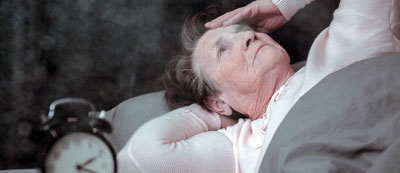
Of the many negative health effects of living in a stress-drenched culture, the most common has got to be insomnia. One-third of all adults in the U.S. report that they experience insomnia at one time or another with an estimated one billion sufferers worldwide. Two times as many women as men are affected and over half the people with insomnia are over 65 years old.
People seeking insomnia remedies will spend $32 billion annually on products or techniques to help them get to sleep and stay asleep. They are desperate and for good reason. Lack of sleep impacts quality of life in many ways. It increases irritability, lack of concentration, depression, heart disease, diabetes, obesity, high blood pressure, among other things.
The Cannabis Cure
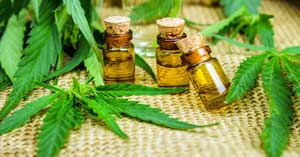 After years of working with patients suffering from insomnia, we advocate using traditional herbs such as cannabis that have been used for many centuries to help people relax, get to sleep and stay asleep. We now know that the hundred known cannabinoids (chemical compounds) in the plant are most effective when they work together, and in combination with the terpenes and flavonoids also present in the plant. Finding the right combination, and the right dosage, is the goal of every patient, when possible with the help of an experienced cannabis patient counselor.
After years of working with patients suffering from insomnia, we advocate using traditional herbs such as cannabis that have been used for many centuries to help people relax, get to sleep and stay asleep. We now know that the hundred known cannabinoids (chemical compounds) in the plant are most effective when they work together, and in combination with the terpenes and flavonoids also present in the plant. Finding the right combination, and the right dosage, is the goal of every patient, when possible with the help of an experienced cannabis patient counselor.
Dosing & Delivery
We recommend micro-dosing THC through the membrane of the mouth. Try using suckers, candies, oil and tinctures – any delivery system that enters the blood stream through the oral mucosa — in order to transport those healing cannabinoids to our body’s endocannabinoid receptors.
Micro-dosing is critical. Most patients do not want to experience psychoactivity. That “high” feeling usually keeps people awake. THC is a great relaxation herb in low doses. But the rule should be “go low, go slow” with all THC-dominant medicines. THC is even more effective when combined with CBD, cannabidiol. In combination with THC, CBD can mitigate against some of the possible psychoactive effects of THC, and bring calm and clarity to the mind.
The Most Important Thing to Remember with Herbal Medicine
Herbal medicine is different for everyone. Every individual is a unique organism, requiring different ratios of chemical compounds in their cannabis medicine, different doses, different delivery systems. Figure out what works best for you.
Take the holistic approach
 Look at every aspect of your life to identify the root causes of your sleeplessness such as stress, worry, and anxiety. Start to imaginatively address the root causes while you are treating your daily symptoms sensibly.
Look at every aspect of your life to identify the root causes of your sleeplessness such as stress, worry, and anxiety. Start to imaginatively address the root causes while you are treating your daily symptoms sensibly.
Many natural responses to sleep issues are effective: These include the full spectrum from acupuncture to yoga, herbs like Ashwaganda and chamomile tea, massage, mindfulness-based therapies including meditation, T’ai Chi and Qi Gong, exercise and healthy eating habits. Sometimes a simple thing like not drinking caffeine after 2 pm can make all the difference. (or quitting caffeine and sugar entirely :) )
Avoid those treatments that cause harm
Most pharmaceuticals come with side effects. Is it worth compromising your liver or kidney function by becoming dependent on chemicals that also leave you with fog-brain, constipation, depression, and worse?
Take charge of your health
Consider placing traditional medicines such as cannabis herbs at the center of your treatment. You will be glad you did.

